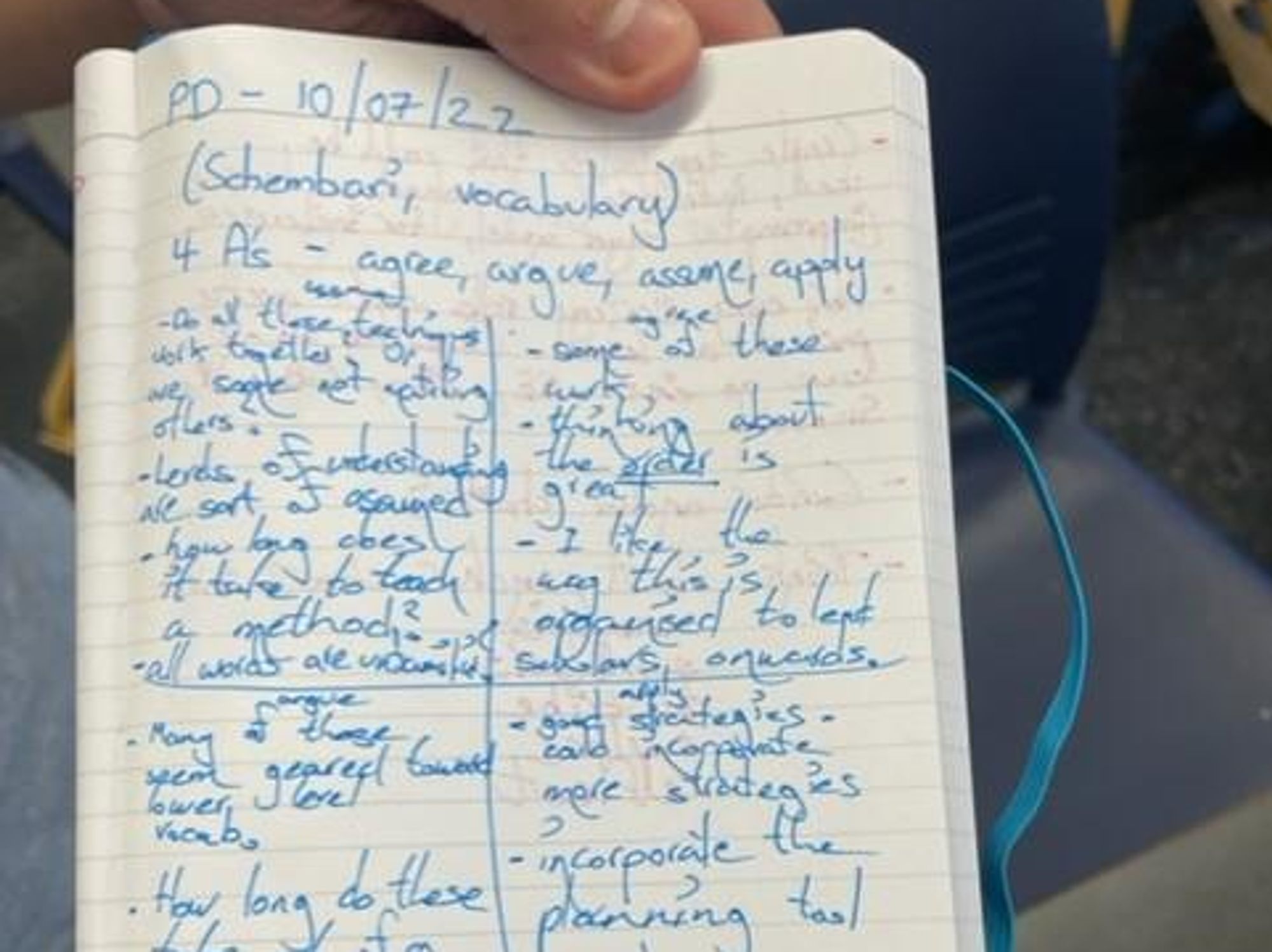
The difference between most areas of life and the job search process is that, in most areas of life, you know who your competition is. You can analyze the competition's strengths, capitalize on their weaknesses, and prepare accordingly to give yourself the best chance to win.
The job search process is different: you don't know who you are competing against.
Dozens, sometimes hundreds of applicants are competing for a single role within a company. And you never quite know how you stack up against them. So, how do give yourself the best chance to win?
The key is connection. When we connect with others (in this case, an interviewer), it is going to be harder for them to forget your name. Don't make it easy for them to forget you. You have to focus on what makes you unique, and what makes you unique in relation to your interviewer.
Here are three ways you can connect with your interviewer:
1. Research & Relate

When you are given the name of the person conducting your interview, the first thing you should do is research their role within the company. Find out as much as you can about their professional life: where they went to school, what roles they held before this one, and what big projects they've had the opportunity to work on.
This not only demonstrates your curiosity but also opens up a space where you can ask questions and connect with the interviewer on a deeper level (in a deeper way than you would if your questions were primarily focused on the job and company as a whole).
The goal is to find something you and the interviewer have in common. No matter how different your professional paths have been, there are commonalities. You just have to do the work to find them.
2. Compliment (The Right Way)

In some cases, it's probably not the best idea to compliment your interviewer on their outfit. While it might be genuine or innocent, it can come off as insincere, even flirtatious'and you likely won't receive any "brownie points" for it.
Complimenting (the right way) is an art. For an interview, it comes down to research (again!) and specificity. Avoid complimenting your interviewer on their appearance. Instead, focus on their career accomplishments.
For example, if in your research you come across a project your interviewer worked on, don't be afraid to bring it up. You can say something like: "I noticed you worked on X project last year. The solutions you proposed to deal with Y problem were really creative and original. How did completing this project change your role?"
By complimenting your interviewer in this way, you are focusing on the interviewer as a productive and valuable employee. They will remember how you made them feel long after the interview
3. Tell A Story

Nothing engages an audience like a story. During an interview, you should think of your interviewer as your audience. Storytelling has the power to connect anyone. It can also help you ace those tough interview questions.
When asked about an obstacle you've overcome recently, don't just go over the facts. Tell them a story. You might find the "Experience + Learn = Grow" model used for answering behavioral interview questions to be helpful.
But remember, every story should end with you on top. What did overcoming that obstacle teach you? What skills did you develop by overcoming it? How did it change your outlook on work? Life?
Don't be afraid to get personal. That is, after all, how we connect with others.
Doing these three things in your next job interview will help you connect with your interviewer, therefore helping you stand out in the hiring process. Connection is the key to making your interview unforgettable.
Need more help with your job search?
Join our community to learn how to land a job and UNLEASH your true potential to get what you want from work!
This article was originally published at an earlier date.












